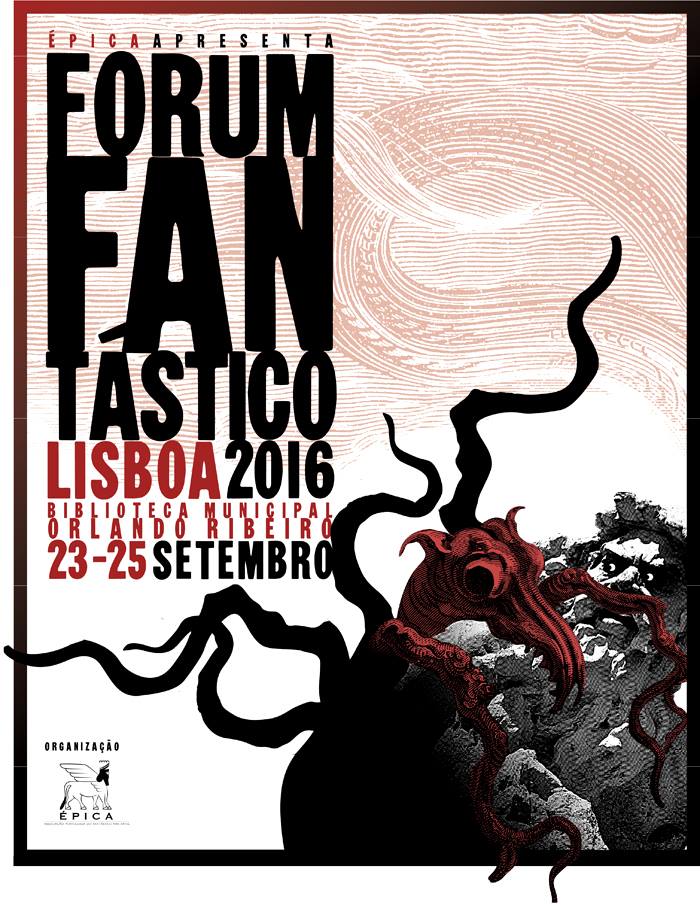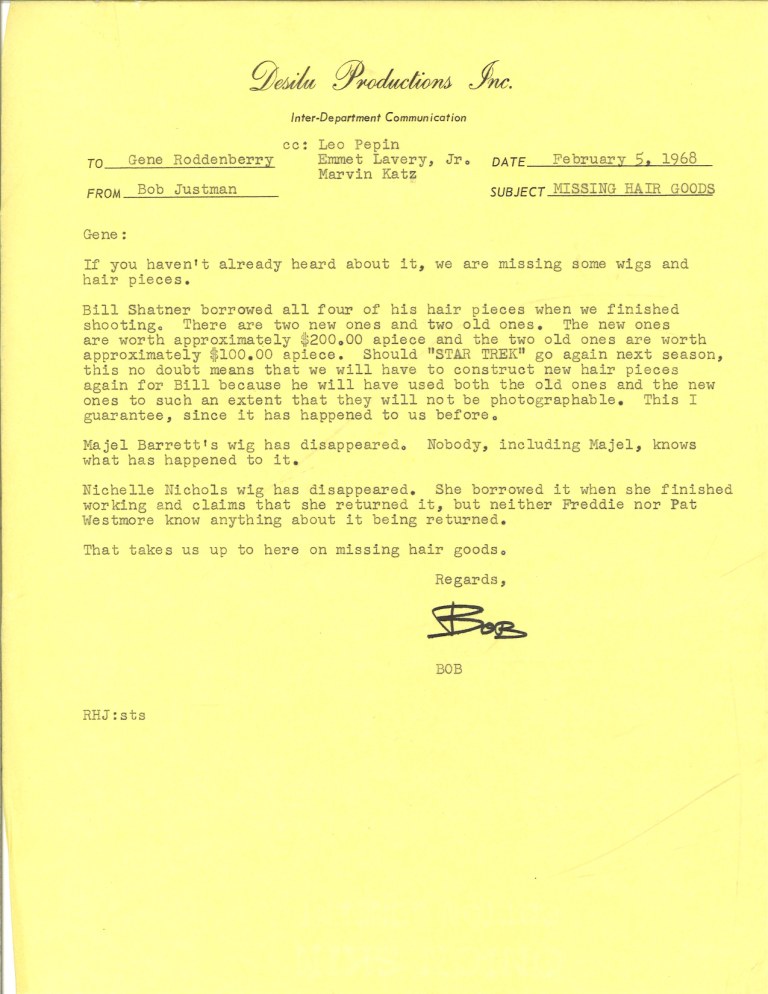(1) DUCK! Science News explains, “Asteroid Day is a chance to learn about space and plan for disaster”.
Asteroid enthusiasts, rejoice! Thursday, June 30 is your day to remind the world that humankind is just one impact with a space rock away from annihilation (or, at the least, a very bad day)….
The date coincides with the anniversary of the most powerful impact in recorded history, when a roughly 40-meter-wide asteroid crashed near Tunguska, Siberia, in 1908….
(2) GIVING ANTIQUITY A CHANCE. In the second installment of Young People Read Old SF, James Davis Nicoll’s recruits share their reactions to A Martian Odyssey.
Stanley G. Weinbaum’s 1934 debut, “A Martian Odyssey,” is the second of the two short stories I have selected to represent the science fiction of the 1930s.
Weinbaum is one of the earliest hard SF writers, someone whose stories were shaped by what was then known (or guessed) of the other worlds of our solar system. Weinbaum’s stories are little known and little read these days, in part because his career was so short: eighteen months from the publication of his first science fiction story to his death.
Jamie, for example, has this to say:
What quaint ideas about “atomic blasts” and the medicinal benefits of hard radiation. Writers of SF in the deep past were much more free to be optimistic about new scientific discoveries. Nowadays every new advance is going to cause at least as many problems as it solves, and the unexpected downsides are what drive the plots. This story is just happy to be exploring a crazy new planet and all it’s crazy improbable life forms, held down by only the lightest of plots. Old fashioned optimism about progress, I suppose
(3) MADE YOU CLICK. Barry Malzberg, in a new Galaxy’s Edge column, says for Judith Merril, “There Is No Defense”. You know, it’s not every day you see someone literally say a woman destroyed sf.
Merril, before she gave up anthologies, criticism, and citizenship to expatriate herself to Canada in 1968, was made desperate by the unending, irretrievable, uncorrectable stupidity and murderousness of Vietnam. She had been on an increasingly evident, now unapologetic campaign to destroy science fiction.
She knew it: the campaign was purposeful. In her story introduction to Bob Shaw’s “Light of Other Days” in her final volume, she conceded that the excellence and rigor of the story called her back to an earlier time when she had been entranced by such work and her own desire to replicate. But that story introduction was half or three-quarters an apology: its appearance in Best SF, its very quality, were an implicit rebuke to the scattered, unfocused, false literary emptiness which had come to occupy most of the anthology. Meanwhile, she was writing savage reviews in Fantasy& Science Fiction, reviews as savage as those of Alfred Bester’s half a decade earlier which had created a good deal of foul karma and eventually got him fired.
Malzberg argues she was intentionally trying to destroy sf. I read Merril’s anthologies as they came out, and there were so many new and completing voices in the Sixties that it made sf a pretty robust literary form. Pulp writers and experimental New Wave authors were all getting published, which forces me to ask — If sf couldn’t be destroyed by bad writing, how could it be destroyed by good writing?
[Note: The column about Merril has been pulled back since earlier today. What was posted can still be seen via Google Cache — at least for now. I subsequently learned this was an effect of an ordinary transition from one online issue to the next. The Merril column is available at The Wayback Machine. So I have linked to that.]
(4) CONVENTION IN LISBON. The Portuguese SF convention Fórum Fantástico will take place in Lisbon from September 23-25 at the Biblioteca Municipal Orlando Ribeiro. Curator Rogerio Ribeiro is organizing the event. No registration needed, no entry fee.
(5) JOE SHERRY. At Nerds of a Feather, Joe Sherry’s analysis of his Hugo ballot moves on to the Best Fanzine category. First place goes to:
Lady Business: Lady Business is smart, incisive, and should be considered a required stop for anyone who wants to read more about genre. It is one of my must read blogs and I don’t have many of those anymore. When I talk about fanzines, this is what I mean. If you’re not too familiar with what Lady Business is all about or where to start, take a look at this post. The editors at Lady Business comment on media, generally SFF media, with “an intersectional feminist perspective”. Whether they are reviewing books, video games, or recapping Xena: The Warrior Princess, Lady Business is always worth reading and is consistently one of my favorite blogs. You’d think that I would have more to say, but all I want to do is wave my arm, point, and mumble “Lady Business – Awesome – Read” and try not to be awkward about it.
(6) SHORT FICTION NOMINEES. Jonathan Edelstein unpacks his Hugo ballot for novelette and short story.
The two categories are a study in contrasting quality. Despite the second year of Rabid Puppy interference (I still can’t believe I just wrote that), the novelette shortlist is quite credible. Folding Beijing is easily one of the best stories of 2015 and would no doubt have made it onto the ballot without Theodore Beale’s help. And You Shall Know Her by the Trail of Dead belongs on the ballot too – yeah, gratuitous foul language and dated cyberpunk plot, but it’s a hell of a story. Obits isn’t Stephen King’s best work, but even bad King is better than most of what’s out there. Even the two Castalia entries aren’t terrible – What Price Humanity is a tightly written and suspenseful story of war veterans being trained in virtual reality for one last mission, and Flashpoint Titan is no worse than ordinary missile porn. Granted, in a year where the eligible works included Ian McDonald’s Botanica Veneris and Rose Lemberg’s Grandmother-nai-Leylit’s Cloth of Winds, I’m sorry to see the Castalia stories there instead, but the top of the shortlist is very good indeed and none of it is bad enough to get No Awarded.
The short stories, on the other hand, piss me off.
(7) NOVELLA NOMINEES. Doctor Science’s current post at Obsidian Wings is “Wednesday Reading including Hugo Novella nominees. All re-posts from File 770 comments, but collated.
Penric’s Demon by Lois Bujold. This is another one where the treatment of sexuality confuses me. I think I can say, without major spoilers, that the basic plot is the trope known as “Sharing a Body”, and in this case the body-owner is a young man, while the passenger turns out to be, essentially, n pbafbegvhz bs gjryir jbzra.
Now, I’m used to seeing this trope in fanfiction, where I would expect the story to be heavily focused on issues of sexuality, gender, and the characters’ feelings about bodies. At first I thought Bujold was heading there, but then she sort of veered off to Plot-land, before the POV character had done more than guvax nobhg znfgheongvat. I was left feeling rather wrong-footed, and only sort of interested in the Plot. In sum: for me it was a good enough story, but rather bizarrely incomplete.
(8) GONE VIRAL. Jeremiah Tolbert relives “My Short Time as a Viral Hit Maker”.
On June 23rd, as the results from the British EU Referendum or “Brexit” began to come in, it was clear that the Leave vote was ahead. Once the lead solidified and the BBC called the result, the Pound Sterling began to tank. The mood on Twitter turned grim. I had an IM window with Nick Mamatas open at the time. Sparked by I’m not sure what, I shared the notion that I might Photoshop the big reveal at the end of Planet of the Apes and replace the Statue of Liberty with Big Ben. Nick said, paraphrasing, “DO IT.” Not the most original joke I’ve ever come up with, but I’m fairly proficient with photo-editing, so I got to work….
I sent the image over to Nick, and before I could tweet it out myself, he tweeted the image along with credit:
"You blew it up! Ah, damn you! God damn you all to hell!"
Photo by @jeremiahtolbert. pic.twitter.com/20KuMJdKod
— Nick Buy My Book Mamatas ??????????????? (@NMamatas) June 24, 2016
Nick sending it out turned out to be the ticket to success for it, because it spread the image far faster and wider than my own followers list would have. Within seconds, the retweets began. Early on, Cory Doctorow retweeted it. By the time I went to bed just after midnight, the tweet had over a thousand retweets and showed no sign of slowing down as morning came in the UK….
(9) NO TAXATION WITHOUT REPRESENTATION. CNN Money asks “Should robots have to pay taxes?”
If robots are going to steal human jobs and otherwise disrupt society, they should at the very least pay taxes.
That’s the takeaway from a draft report on robotics produced by the European Parliament, which warns that artificial intelligence and increased automation present legal and ethical challenges that could have dire consequences.
“Within the space of a few decades [artificial intelligence] could surpass human intellectual capacity in a manner which, if not prepared for, could pose a challenge to humanity’s capacity to control its own creation and … the survival of the species,” the draft states.
The report offers a series of recommendations to prepare Europe for this advanced breed of robot, which it says now “seem poised to unleash a new industrial revolution.”
The proposal suggests that robots should have to register with authorities, and says laws should be written to hold machines liable for damage they cause, such as loss of jobs. Contact between humans and robots should be regulated, with a special emphasis “given to human safety, privacy, integrity, dignity and autonomy.”
(10) MERINGUE PIE MUSEUM. John Kass cuts loose in the Chicago Tribune: “George ‘Star Wars’ Lucas releases the mayor’s mind and not a moment too soon”.
Somehow, the immortal words of little old Yoda finally got through to his creator, George Lucas:
Train yourself to let go of everything you fear to lose.
So Lucas let go.
He let go of that ridiculous meringue pie of a museum he wanted to plop on Chicago’s lakefront.
And he let go of the mind of Mayor Rahm Emanuel, so that it was free once more to try running a city that is drowning in red ink and violence.
Unfortunately, Rahm and Lucas didn’t just hush up and go away. Instead, they whined and stamped their feet and complained (in prepared statements) and blamed everything on Friends of the Parks.
But Friends of the Parks did what it’s supposed to do: Stand up for the people of Chicago, to protect the lakefront, because the lakefront doesn’t belong to Hollywood moguls or their political footmen.
I said it a few days ago in the column on Lucas holding Rahm’s mind in thrall with some Jedi trick, and I should say it again.
Rich people have their country clubs and their estates and their private jets to take them away. But the lakefront is the country club for the people. It’s where working people go to take themselves away.
(11) TOFFLER OBIT. “Alvin Toffler, Author of ‘Future Shock,’ Dies at 87” reports the New York Times.
Mr. Toffler was a self-trained social science scholar and successful freelance magazine writer in the mid-1960s when he decided to spend five years studying the underlying causes of a cultural upheaval that he saw overtaking the United States and other developed countries.
The fruit of his research, “Future Shock” (1970), sold millions of copies and was translated into dozens of languages, catapulting Mr. Toffler to international fame. It is still in print.
In the book, in which he synthesized disparate facts from every corner of the globe, he concluded that the convergence of science, capital and communications was producing such swift change that it was creating an entirely new kind of society.
His predictions about the consequences to culture, the family, government and the economy were remarkably accurate. He foresaw the development of cloning, the popularity and influence of personal computers and the invention of the internet, cable television and telecommuting.
(12) PROPHET OBIT. SF Site News brings word that 1959 Worldcon co-chair Fred Prophet (1929-2016) passed away June 29.
Fred served as the co-chair, with Roger Sims, of the Detention, the 1959 Worldcon in Detroit. He and Roger were appointed Conchairs Emeritus at Detcon1, the 2014 NASFiC, which both men were able to attend. Prior to the Detention, Prophet was active in the Detroit Science Fiction League and Michigan Science Fantasy Society (MISFITS) after attending his first convention,The Eleventh World Science Fiction Convention, in 1953.
(13) MANTEC OBIT. Maurice George Dantec (1959-2016), a French naturalised Canadian science fiction writer and musician, died June 25 in Montreal reports Europa SF.
Dantec’s first novel, La Sirène rouge (“The Red Siren”), was published in 1993 and won the 813 Award for best crime novel. His second novel, Les Racines du mal (“The Roots of Evil”, 1995), had a cyberpunk affinity and was awarded the Grand Prix de l’Imaginaire and Prix Rosny-aîné.
Dantec’s Babylon Babies was adapted for the screen under the direction of Mathieu Kassovitz as Babylon A.D. (2008), starrring Vin Diesel.
(14) TODAY IN HISTORY
- June 30, 1905 — Albert Einstein introduced his theory of relativity in his publication, On the Electrodynamics of Moving Bodies.
- June 30, 1974 — The July 4th scene from the Steven Spielberg movie Jaws was filmed at Martha’s Vineyard.
(15) THIS IS MY DUBIOUS LOOK. David Russell Mosley, in “The Magician’s Fairy Godmother: A Follow Up to Are there Elves in C.S. Lewis?”, says the answer is yes.
The other day, I wrote a post attempting to answer the question, “are there elves in the works of C. S. Lewis.” As I noted in the original post, the idea came from a discussion on Facebook where the asker was particularly interested in the elvish absence in the Chronicles of Narnia. Well, two nights ago I was reading The Magician’s Nephew when I came across this passage I had forgotten:
“‘For my [Uncle Andrew] godmother [a certain Mrs. Lefay] was a very remarkable woman. The truth is, she was one of the last mortals in this country who had fairy blood in her. (She said there had been two others in her time. One was a duchess and the other was a charwoman.) In fact, Digory, you are now talking to the last man (possibly) who really had a fairy godmother’” (The Magician’s Nephew, 21).
There it was, an elf (for we should keep in mind that fairy and elf are, linguistically at least, interchangeable), or really three partial elves in the Chronicles of Narnia.
(16) YOU’RE QUITE A CHARACTER. Austin Gilkesen explains “How To Tell If You Are In A J.R.R. Tolkien Book” at The Toast. From a long list of diagnostic tests, here are four examples:
- A Dark Lord fancies your jewelry.
- A mountain is out to get you.
- You had to learn the hard way not to follow the lights in the marsh.
- Your exhaustive knowledge of whimsical riddles has saved your life on multiple occasions.
(17) FANS WANT TO KNOW. Do the houses in Ilvermorny correspond to those at Hogwarts? J.K. Rowling says no.
“There is no equivalence between Hogwarts and Ilvermorny houses,” Rowling wrote when a fan asked if Wampus was equivalent to Hogwarts’ Hufflepuff. “But don’t diss Hufflepuff!”
(18) YEARS OF EXPERIENCE. Entertainment Weekly spotted the tweet — “Elizabeth Warren offers to teach at J.K. Rowling’s North American wizarding school”.
Looking for a Defense Against the Dark Arts prof, @jk_rowling? Where do I apply? Trump, Death Eaters – I got this! https://t.co/TDgHbeyApU
— Elizabeth Warren (@ewarren) June 29, 2016
(19) FINNCON. Catherynne Valente issued ecstatic tweets about breakfast at a Finnish convention hotel.
Oh my god, America, you need to up your hotel breakfast buffet game. I will never fully recover from the amazingness I just ate. #finland
— Catherynne M. Valente (@catvalente) June 30, 2016
But here! Mustard herring! A million kinds of cold cuts & fresh breads & vegetables & cheese & jam! Meatballs! Rice pie! Blueberry soup!
— Catherynne M. Valente (@catvalente) June 30, 2016
And whatever is in the oatmeal digestive cookie I just dunked in my coffee should probably be a controlled substance. #finncon
— Catherynne M. Valente (@catvalente) June 30, 2016
[Thanks to John King Tarpinian, Sean Wallace, and David K.M. Klaus for some of these stories. Title credit goes to File 770 contributing editor of the day JohnFromGR.]






